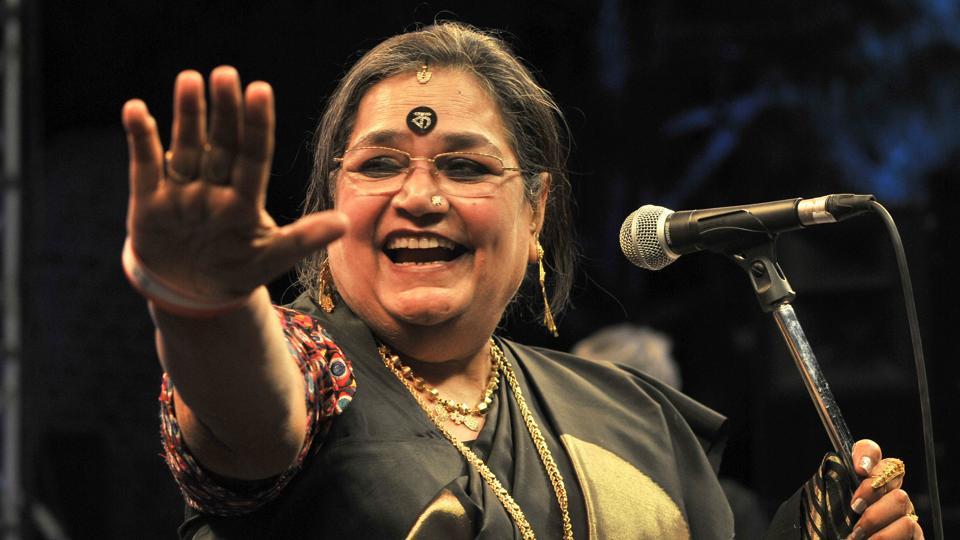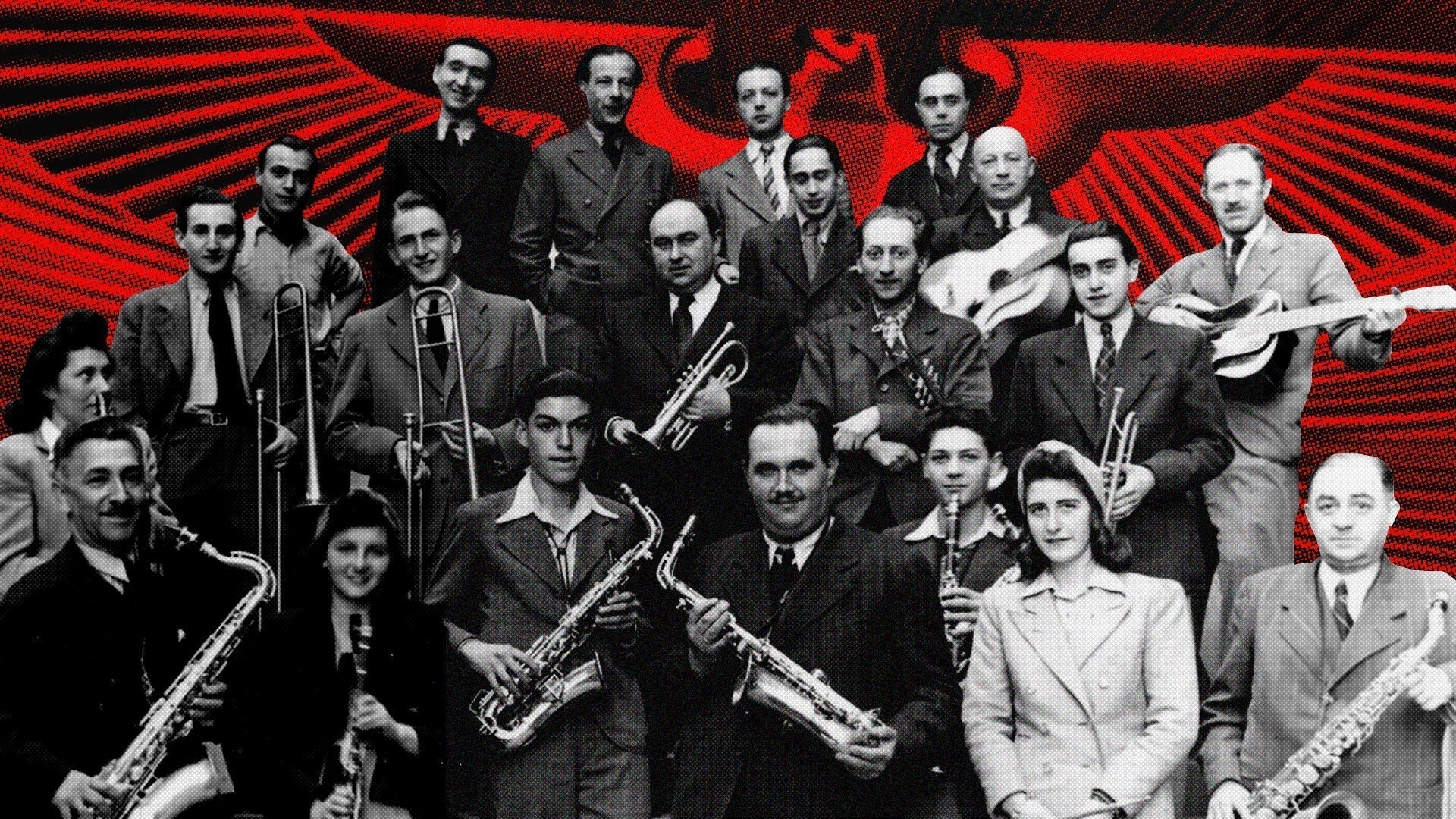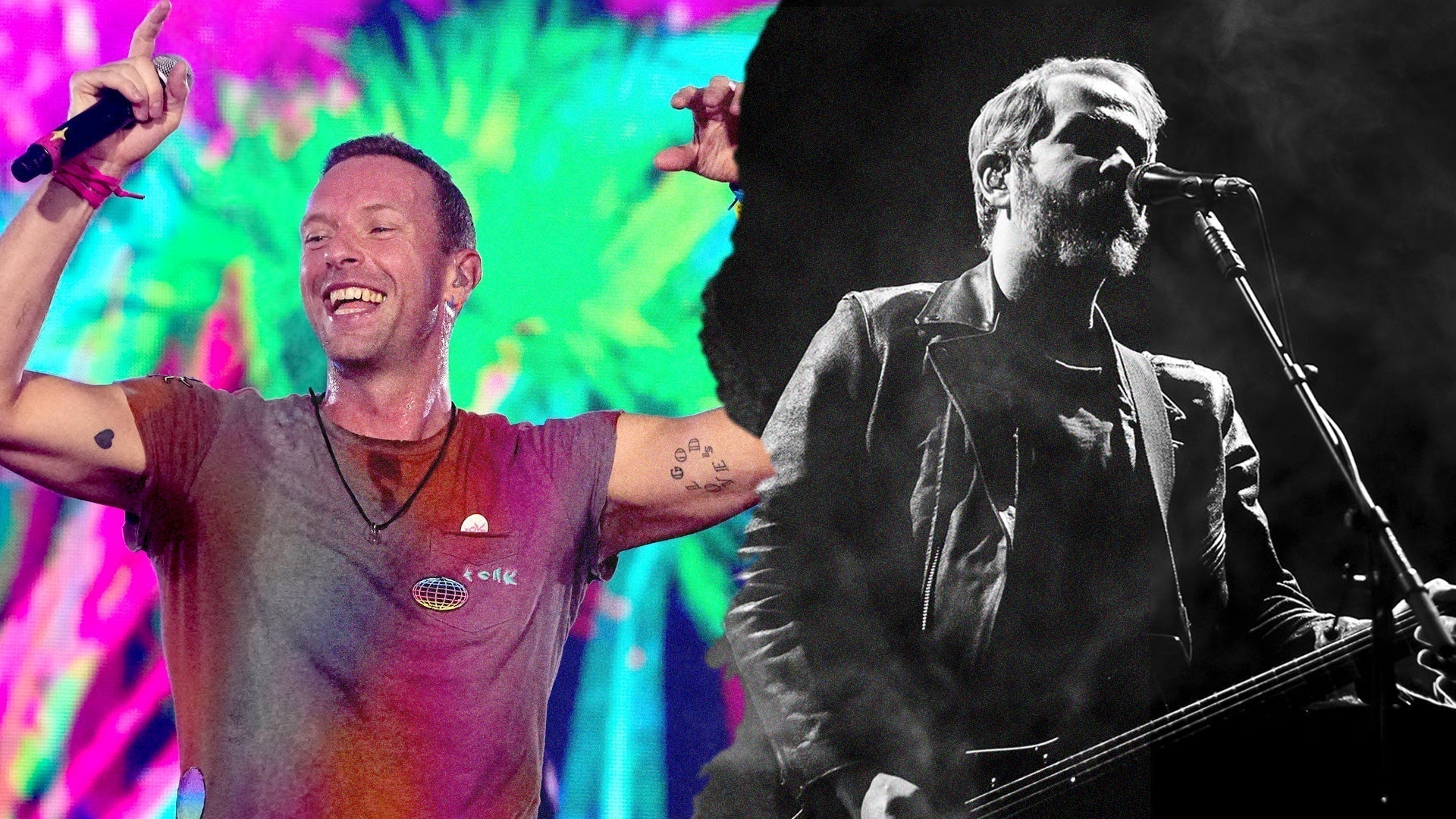Usha Uthup

Usha Uthup hasn’t stepped out of the spotlight since she first started belting out Broadway tunes and pop standards in 1969 in venues similar to this one, depicted in the 1972 film Bombay to Goa. She’s performed across the length of the country, recorded more than two dozen albums and has been featured on several popular Bollywood tracks. More importantly, she’s single-handedly created the paint-by-numbers kit that anyone hoping to make a living out of performing pop in India must follow: sing in an Indian language (or several); tour incessantly both in small-town India and to diasporic outposts in New Jersey, Hong Kong and Nigeria; cherry-pick film assignments; and never, ever stop enjoying yourself on stage.

Uthup, who never formally studied music, had as role models her two elder sisters, Indira and Uma, who performed close-harmony swing tunes at gymkhanas and clubs as the Singing Sami Sisters (Uma Sami, would go on to record the anthemic “Bombay Meri Hai” under her married name, Uma Pocha." Uthup’s decision to sing in another language wasn’t so unusual. Early in her career, during a famed stint in Trinca’s in Kolkata, she’d sung tunes in Punjabi. Uthup has recorded tunes in 13 Indian languages and eight foreign ones.

Though her jazz audiences were a little taken aback by tunes in other languages, the move opened other doors for her. Hearing her in a Delhi nightclub in 1969, the film producer Dev Anand asked her to sing in Hare Rama, Hare Krishna. She has sung on several soundtracks since then, including on Shaan, Shalimar and Dewaar.





